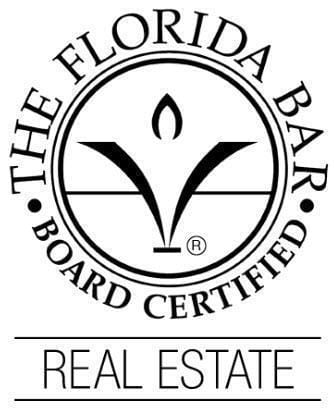There are advantages and disadvantages to any decision that you make. When these decisions have implications on purchases that are hundreds of thousands of dollars, it is important that your decision is well-thought out and thoroughly researched.
It’s common for real estate investors to consider engaging in a 1031 exchange and for them to wonder whether there could be any negative repercussions. The following is an overview of the key pros and cons of 1031 exchanges for real estate investments.
The advantages of a 1031 exchange
The main advantage, and the reason why people decide to engage in a 1031 exchange, is because of the investor’s ability to defer taxes. A 1031 exchange allows you to exchange one property for another without paying tax on the capital gains until after the sale of the replacement property. This has additional advantages because it enables you to leverage the profits to make further investments.
The disadvantages of a 1031 exchange
A 1031 exchange can be time-consuming since it requires that investors follow multiple procedures, rules and regulations. This may come with some frustrations and could delay the process. Additionally, investors are subjected to time constraints when it comes to finding a replacement property. This could mean that an investor is rushed into making a purchase that they later deem to be a poor investment.
1031 exchanges are generally considered to be a lucrative tax-deferral strategy for real estate investors. However, to take full advantage of the opportunity, you should make sure that you have a full understanding of the way that the process works and that you are fully prepared to abide by all regulations.




